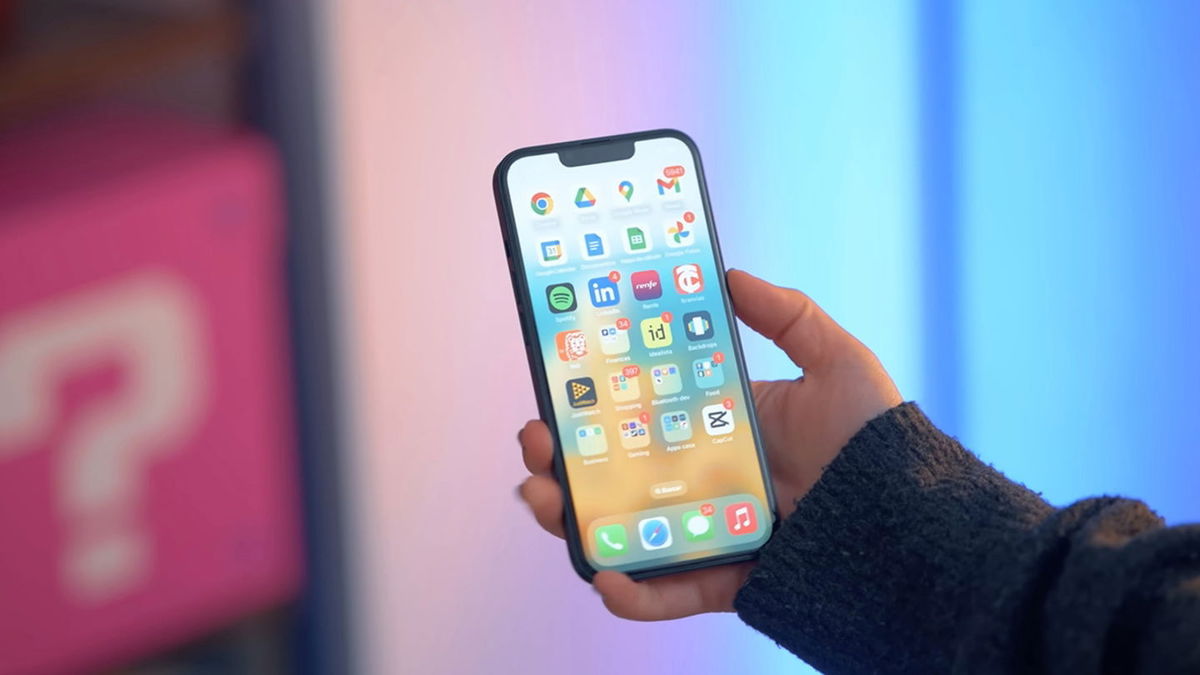good news for SpaceX. Elon Musk’s firm has received permission from the US Federal Communications Commission (FCC) to bring Starlink internet to moving vehicles. This means that this service can be implemented in aircraft, ships and ground vehicles such as cars, trucks and trailers.
Undoubtedly, this is a very important novelty for the American company, which has been waiting for this approval for several months. So far, the provision of Starlink services has been status restricted to terminals in fixed locations.
And while it’s true that antennas can be moved for use from a remote location, not necessarily from a home or office, the company hasn’t been able to provide Internet access to vehicles on the go.
But the FCC clearance promises to be a game-changer for SpaceX. The firm has shown particular interest in implementing Starlink Internet on commercial flights and has already tested it. In fact, it began testing in the US in April through Delta Airlines; Nonetheless, still missing Good from the Federal Aviation Administration (FAA) to certify receivers to be installed on aircraft.
It’s important to note that SpaceX wasn’t the only company that was allowed by the authorities to use its satellite internet in moving vehicles. Canadian firm Kepler Communications it has also received a similar permit, although it is limited to ships that navigate both United States territorial waters and international waters.
Starlink satellite internet, one step closer to commercial flights and other forms of mobility

Here’s how the FCC rated the connectivity services that Starlink and Kepler Communications intend to offer:
“We agree with SpaceX and Kepler that it would be in the public interest to satisfy their requests subject to certain conditions. The authorization of a new class of terminals for the SpaceX satellite system will expand the range of broadband capabilities to meet the growing needs of users who now require connectivity. on the go, whether you’re driving a camper across the country, transporting a cargo ship from Europe to a US port, or on a domestic or international flight, Kepler provides much-needed connectivity to ships in Hawaiian and Alaska territorial waters, remote areas around the world including the polar regions of the Arctic and Antarctic”.
Federal Communications Commission
Undoubtedly, these permits promise to have a very important impact on consumers; especially in the case of Starlink and its implementation on commercial flights. If Elon Musk’s company manages to provide satellite Internet to major airlines, will fundamentally change the in-flight communications landscape.
Please be aware that Internet connectivity during air travel is still extremely limited. Download and upload speeds are very slow and services are outrageously expensive compared to the quality of service you get. It is true that some airlines offer free access to frequent travelers or members of certain credit card programs. However, common people still have to spend a large amount of money to interact with your email or social networks. And this is only part of what could change at the hands of Starlink.
Let’s not forget that in some countries in-flight internet is limited to intercontinental flights; there are no short-term plans for its implementation at the local or regional level. In these cases, the most travelers can hope for is to connect to the plane’s Wi-Fi to access the media distribution system that happens through airline apps (which often work very poorly).
So far, Starlink has overcome a major regulatory hurdle to connect satellite internet to moving vehicles. Without a doubt, this will mark a very important expansion opportunity for SpaceX. starting with but not limited to commercial aviation.
Source: Hiper Textual











